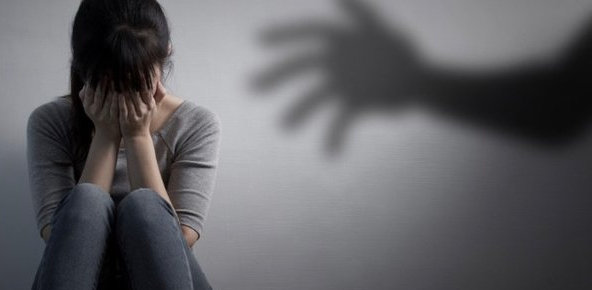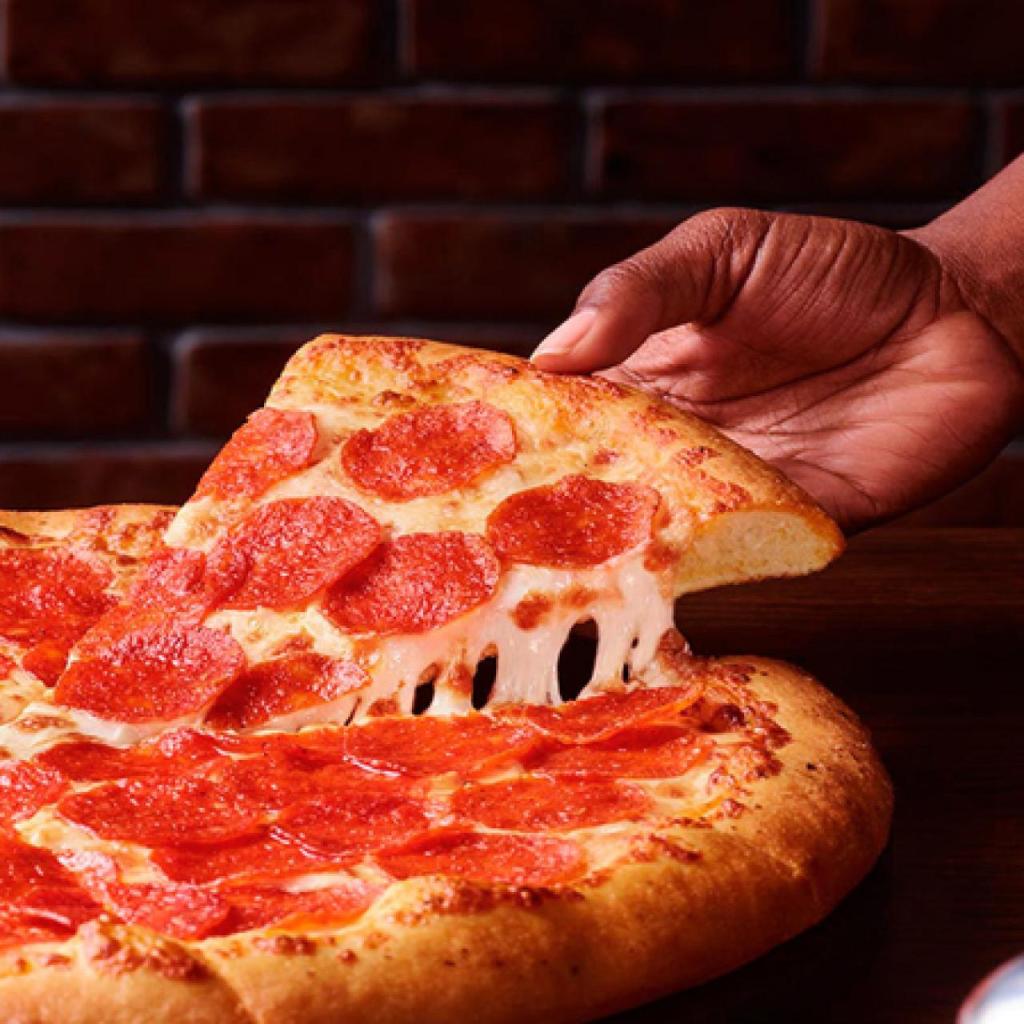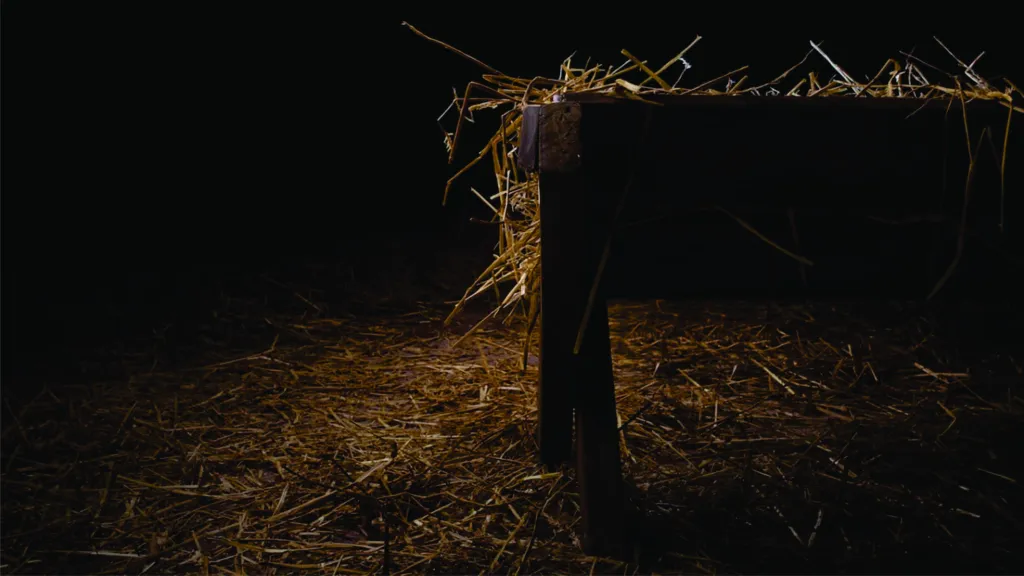Do you have questions? As many as I do? Probably so.
There is so much happening around us to evoke good questions worthy of meaningful answers. And frequently in grasping for explanations we accept easy replies and quick fixes. Accusations and blame provide a smug self-satisfied comfort… “If they had, then we wouldn’t be here.” “If I was them, with the power, enjoyed their wealth, I would…..” The armchair is a magnificent place from which to view the world and pontificate, don’t you think? Solutions seem so simple and clear, and truth be known, they probably are in many instances.

Mix problems, solutions, people, and power….. how on earth do we untangle the birds nest?
To make the challenge even more despairing is the reality that whenever we dare to suggest there maybe a solution, someone will present a counter-argument illustrating why it can’t be trusted. We do the same. The cynic pulls the rug, the critic points the finger, the weary idealist shrugs looking the other way, and the optimist believes for the best and bravely tries again.
Is there room for the realist? And what does that mean? Perhaps a path through the jungle of questions and frustrations is to be found in accepting this tangle that so often masks the beauty of what it means to be human. The pollution that inhibits our vision to appreciate the earth, and its inhabitants, as magnificent, wondrous, and pulsating with mystery. Like finding a barnacle encrusted treasure on the sea floor, raising it to the surface and removing the encrustations to reveal once again the original splendor.

The only way I know how to tackle these questions is to look to God (which certainly introduces another pile of responses and knee-jerks. I get it). Some will interpret talking of God as my weakness, or mental frailty so chronic as to require a crutch. “God of the gaps” academics call it. Everything that is challenging and that cannot be explained is conveniently attributed to God. Science and facts, that’s where the answers are to be found. But the two voices don’t have to be adversarial at all. Science wants to explain ‘what’ happens while ‘God’ speaks to the ‘why’. It is both/and rather than either/or in our quest to arrive at greater understanding of the stuff of the earth and the longings and behaviors of the people who inhabit it.
What if God is a fact of life? Which brings me to my favorite question. Describe to me the God that you reject, with reasons based on solid reasoning and evidence. Or, describe to me the God that you do believe in, with reasons based on solid reasoning and evidence. Let’s take our eyes off human beings as the be all, and end all, of life. What if the human beings we live amongst are barnacle encrusted, distorted, and deeply scarred by generations of wear and tear? What if we have unwittingly exacerbated our problems, fumbling for solutions with minds fogged and polluted, fingers thick with arthritic encrustations that make untangling the birds nest well nigh impossible?
As the diver takes hold of the encrusted treasure on the sea floor perhaps we need an ‘outsider’ to take hold of us in order to redeem and restore.

For me, God so loved the world that he gave his son, Jesus… That is the voice and action outside of myself where I find hope. Like a young child who cannot fix a toy after hours of trying, there is relief in bringing that broken object to my dad – who can fix anything. Admitting that I can’t fix it is no sign of failure. Rather, it is an acceptance without shame that I don’t have the maturity, the skills, or the wisdom to provide the solution. The problem was easy to identify, the antidote, not so much. My solution therefore, is not found within myself, it is rooted in the fact that I do know Someone into whose hands I can place my dilemma.
To be honest, even having placed everything in the hands of God, or Jesus, it doesn’t take the questions, frustrations, or struggles away, entirely. The mystery still pervades over so much, as it has done with believers throughout every generation. One of the joys of a healthy childhood is being able to live under the provision and protection of parents who take care of life and its challenges while we grow and play. It’s a bit like that with God perhaps, except as adults we’re not quite so oblivious.

I take encouragement from that crusty old sage from the early church, Paul (historically verified). He lived in a time of brutality, violence, and constant turmoil. He was guilty of terrible atrocities in his early years. It was encountering Jesus that transformed his understanding of the world he lived in, and his actions. He became a teacher, a model of grace, courage, and hope. He endured flogging, shipwreck, imprisonment, and ultimately beheading. Talk about unanswered questions!
“I have learned to be content whatever the circumstances. I know what it is to be in need, and I know what it is to have plenty. I have learned the secret of being content in any and every situation, whether well fed or hungry, whether living in plenty or in want. I can do all this through him who gives me strength.” Philippians 4:11-13
I am not a very great man, neither am I wise, or too bold. I have made plenty of mistakes, and I have more questions than ever – that are as yet unanswered. It helps me to learn from a man like Paul, and ultimately to place my faith in Someone greater than myself in times such as these. The one thing I am sure of. That is, that human beings do not seem to have evolved into better characters over the broad span of history despite increased wealth, better quality of life, more education, or greater opportunities. There is something beautiful at the sight of a man or woman kneeling before that Someone acknowledging that they are not enough, and looking to the One who is greater.
Shortly before his death Paul wrote to his younger friend, Timothy:
That is why I am suffering as I am. Yet this is no cause for shame, because I know whom I have believed, and am convinced that he is able to guard what I have entrusted to him until that day. 2 Timothy 1:12





Leave a comment